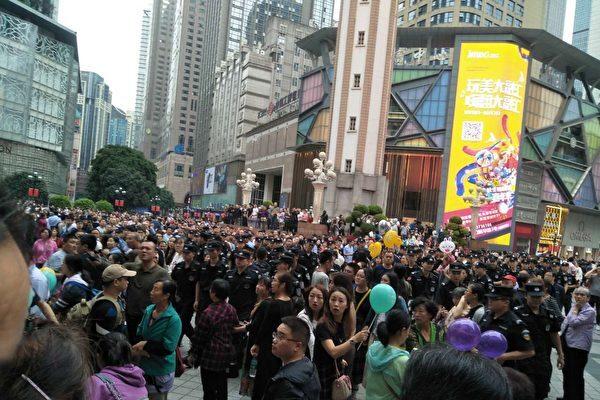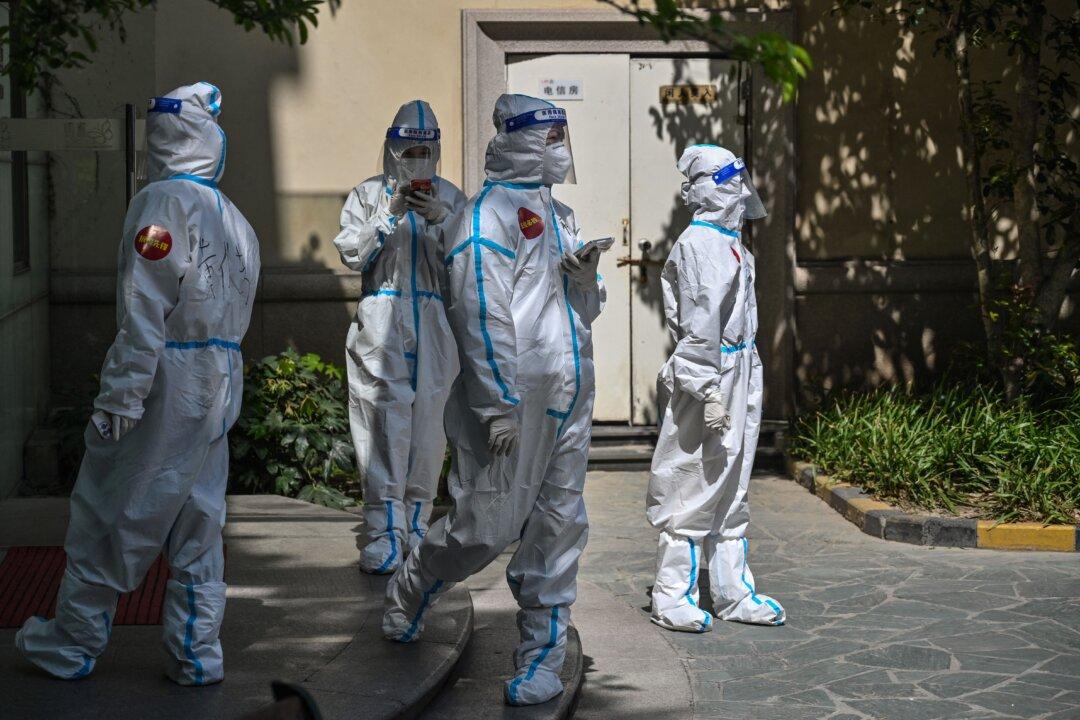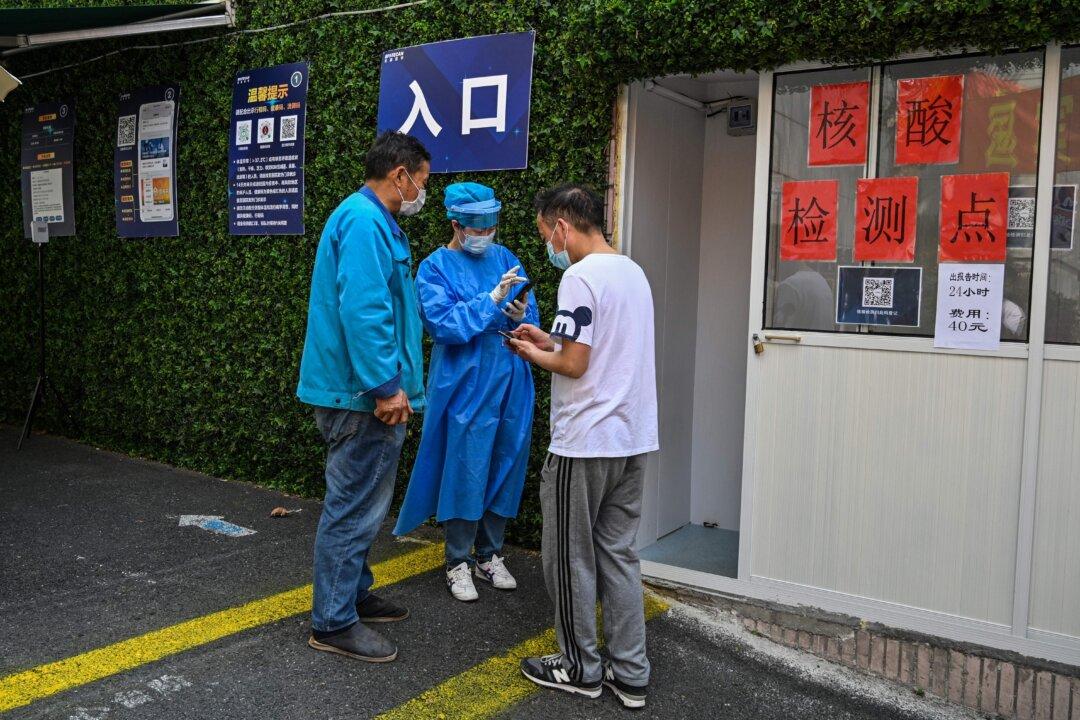Local security forces in 17 cities across China sprang into action on Oct. 1, when large numbers of people gathered to protest the recent crash of the peer-to-peer (P2P) online investment industry that began this spring and left millions bereft of their savings.
Demonstrators staged their protests at 3 p.m. in the cities of Beijing, Shanghai, Guangzhou, Hangzhou, Nanjing, Nanchang, Hefei, Chengdu, Chongqing, Wuhan, Changsha, Nanning, Fuzhou, Kunming, Zhengzhou, Jinan, and Shijiazhuang.




